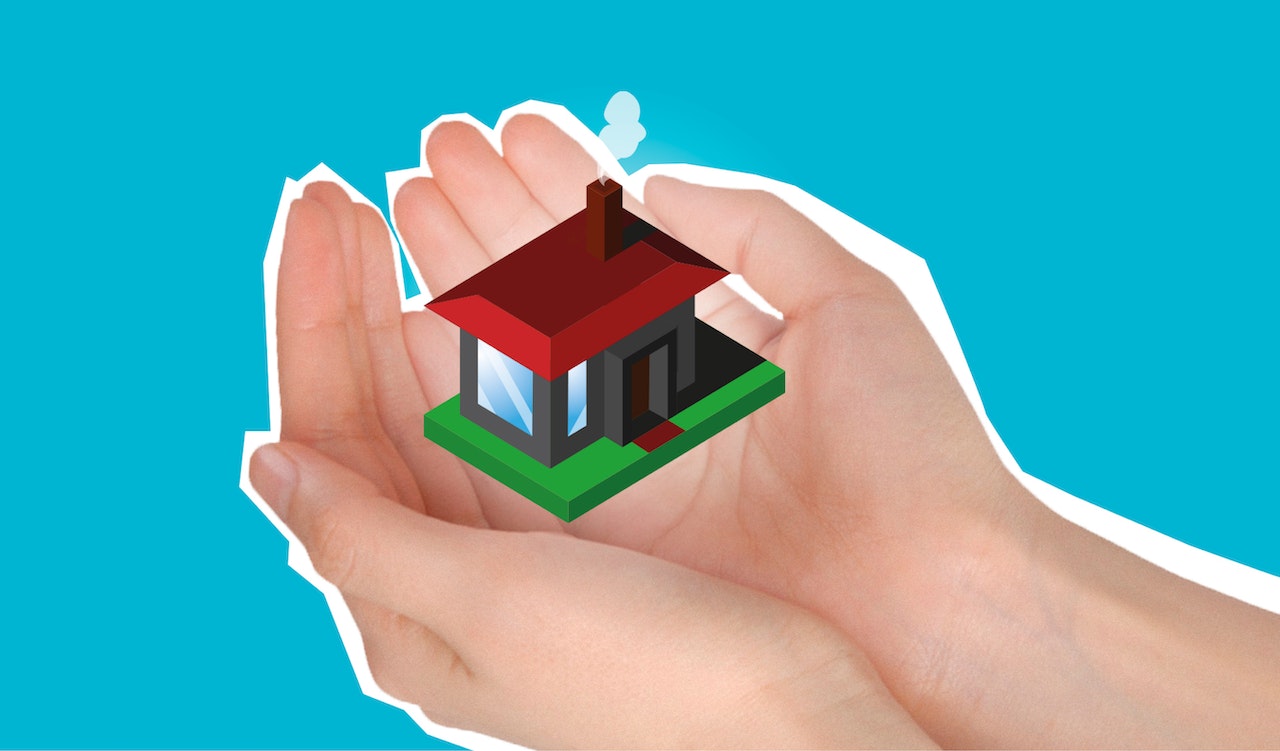
Different Types Of Personal Loans Available Today
Personal loans have grown in popularity over the past few years, as more people look for a way to consolidate debt or fund unexpected expenses. A personal loan is a form of unsecured debt that is usually repaid over a fixed period of time and at a fixed rate of interest.
A personal loan may seem like just one type of loan, but there are actually several different types of personal loans available today. The right one for you will depend on your specific needs and circumstances. Whether you need to consolidate debt, invest in real estate, or want to take care of unexpected expenses – there’s a personal loan suited to meet those needs.
Let’s take a closer look at some of the most common types.
Installment Loans
An installment loan is a type of personal loan where you repay the debt over time in fixed monthly installments. The monthly installment amount is determined by the amount and duration of the loan. You must make payments on time each month to avoid default and costly penalties.
The amount you can borrow and the interest rate depend on the lender and your credit score. There are different types of installment loans available to you, including:
Mortgage And Refinance Loans:
Many mortgage and refinance lenders offer unsecured personal loans with fixed interest rates and flexible repayment periods.
Auto Loans
if you need to finance a car, you can get an auto loan to make the purchase. Credit card debt: if you have high-interest credit card debt that you can’t pay off, you may be able to transfer it to another card with a lower interest rate.
Student Loans
If you have a student loan with a high-interest rate, you may be able to refinance it with a private lender and get a lower rate.
Medical Expenses
You can get an unsecured personal loan to pay for medical bills and other expenses not covered by insurance.
Debt Consolidation Loans
A debt consolidation loan is a personal loan that you use to pay off lower-interest debt, like a credit card. You put all your other debts on hold and make one loan payment each month. You have a single payment due each month, which is much easier to pay off than multiple bills.
These loans are also often used to pay off high-interest credit card debt. For this type of loan, you’ll make a single monthly payment that is likely less than the amount you’re paying on all your other debts. This will help you get out of debt faster and save money on interest.
You can use this type of loan to consolidate high-interest credit card debt, medical bills, and even student loans. It’s a great way to lower your monthly payments and get out of debt faster.
Plus, you can often get a lower interest rate on a debt consolidation loan than you would on your high-interest debt.
Co-signing Loans For Others
A co-signing loan is a personal loan where you guarantee the loan payments for someone else.
When someone applies for a loan but doesn’t have enough income or good credit to get approved, one option is for the applicant to co-sign the loan with someone else who does have the appropriate credit.
When two people co-sign on a loan, they take on the responsibility of making sure the loan payments are made on time and in full. This type of loan is most often used for things like car loans and real estate purchases.
With a co-signing loan, someone can get a loan they otherwise wouldn’t qualify for. But it’s important to remember that you’re equally responsible for making sure the payments are made on time.
If you’re a co-signer on a loan, you should be prepared to make the payments if the other person can’t.
Residence Equity Loans
If you own a home, you may be eligible for a residence equity loan. This type of loan is secured against your home’s value, which means you have equity in the property.
These loans have lower interest rates and lower monthly payments than many other types of personal loans. You may qualify for a residence equity loan if you have significant equity in your home – meaning the value of the home is greater than the loan amount plus the value of any liens against the property.
Many homeowners take out residence equity loans to pay off higher-interest debt and make monthly cash flow easier to manage. You may also be able to use a residence equity loan to fund renovations and repairs to your property. Be sure to shop around and compare interest rates to get the best deal.
Rebuilding Credit After A Financial Mistake Or Event
If you’ve recently experienced a financial setback and have poor credit, a personal loan may be a good option for you. With this type of loan, you have a clean slate to start building a new credit history from scratch.
You can use a personal loan to get financing for a new car, make home improvements, or cover unexpected expenses. When choosing a loan, make sure it’s one that reports your payment activity to credit bureaus.
This will help you build your credit score over time. If you recently filed for bankruptcy, you may be able to get a personal loan.
There are lenders who specialize in making personal loans to people with poor credit, and a personal loan may be a good option for you while you rebuild your credit.
Conclusion
A personal loan is a great way to get the money you need when you need it. It’s important to shop around and compare interest rates to make sure you get the best deal. When it comes to your financial future, there are many factors to consider.
While some loans are necessary, you should be sure to get the best deal possible to avoid any unnecessary added costs that might take away from your quality of life.


